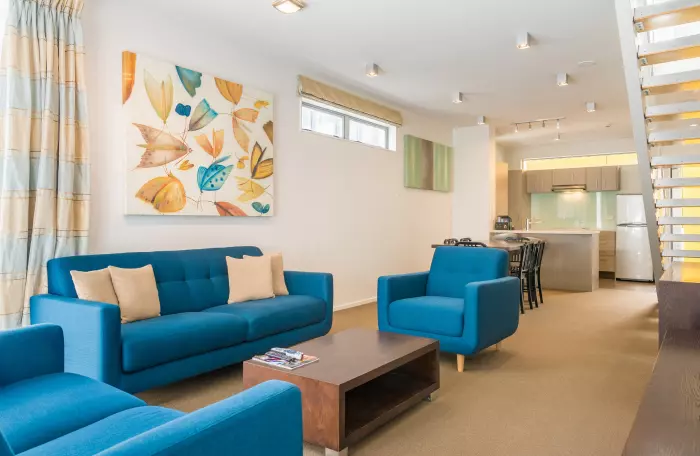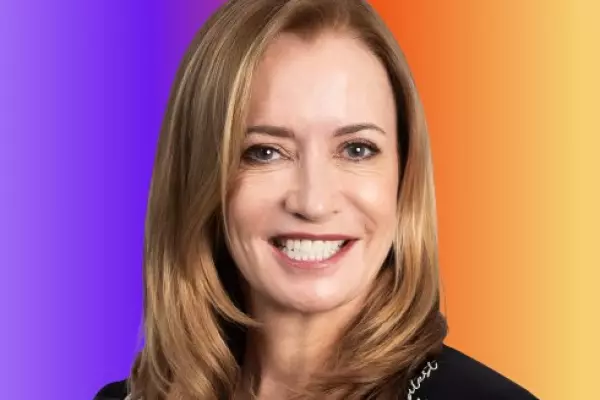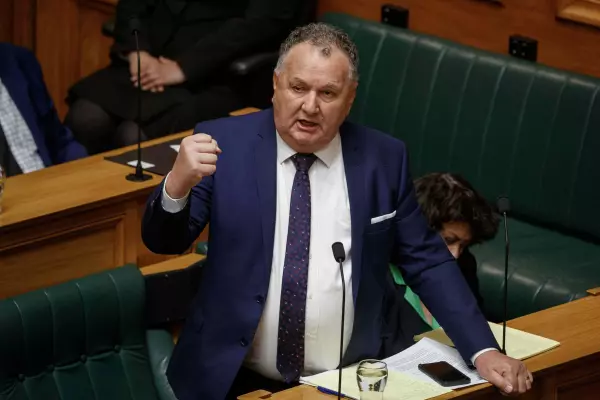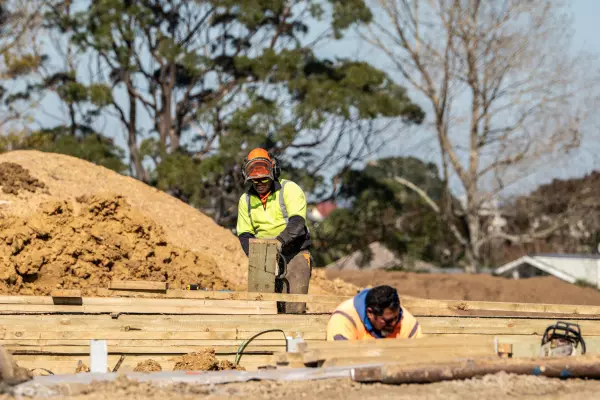Whether you believe Labour’s foreign buyer ban worked or not, the new covid world raises another question, should it now be eased?
The foreign buyer ban has been in force since October 2018, and in the 19 months since then national median house prices rose 7 percent, Real Estate Institute of New Zealand figures show. In hot spots such as Queenstown and Auckland, prices are up 6 percent and down 4 percent respectively, with the South Island city more volatile.
Stats NZ figures show in the first full quarter after the rules came into force, March 2019, non-New Zealand purchasers made up 2.86 percent of house transfers. The figure now stands at 0.6 percent, as non-citizen transfers plunged from 885 to 204 in the last quarter.
However, corporate purchasers which could be foreign or local, are not included so the figure could be higher. Those have remained steady at about 10 percent.
Overseas Investment Office figures show approvals for the small number of overseas buyers who can purchase in New Zealand have more than halved from 72 in the three months to February to 31 applications by the end of May. Foreign buyers who are residents but are not citizens can hold a consent to buy for up to a year.
New covid world
Due to covid-19, ANZ economists said on June 21 they expect house prices to fall by 12 percent this year, while S&P said on June 23, “we also expect house prices to fall by about 10 percent before resuming modest growth around the middle of calendar 2021.”
While prices have held for the time being, there is no telling what would happen once current government initiatives to stimulate the economy, such as the wage subsidy, wore off, REINZ chief executive Bindi Norwell said.
“There’s a lot of interest from people in foreign countries wanting to invest in New Zealand – as a safe haven – and there is an opportunity now to review the foreign buyer ban and understand whether we could support a bit more investment on the basis there is criteria. Given we need stimulation for the economy, we may need to open up this conversation,” Norwell added.
There has already been some softening of the rules, as foreigners can invest in apartment developments which have been granted exemptions.
There are 31 apartment developments, 29 in Auckland, which have transitional certificates applied for before February 2019. In these buildings all of the units can be sold to foreigners.
There are another 12 apartments developments, where 60 percent of the complex can be owned by foreigners.
Propellor Properties principal Nikki Connors said more exemptions are needed and the cost of getting an exemption lowered for foreigners to invest. The application fee according to the OIO website is $27,600.
She said in recent weeks she sold six Auckland central apartments to two overseas investors, despite not doing any targeted offshore marketing.
“We are a sophisticated country, and should be seen as a player in the market, so something like this is surely not going to adversely affect the fabric of our society,” Connors said.
Opposition policy
National housing spokeswoman Nicola Willis said the problem for first-home buyers is lack of supply, and the party will consider Resource Management Act reform to speed up the build of houses.
“We don’t want foreign buyers competing with first-home buyers, and we do hold concerns over the amount of capital investment. The ban has been a blunt instrument; a luxury lodge in Queenstown wouldn’t affect the affordability for first-home buyers,” she said, adding that the party will announce its policy in the coming weeks.
“There are a range of outlooks and as prices are softening, I say there is a lot of uncertainty," she said.
"We think it’s important for policy to be made for the medium and long term because New Zealand’s housing affordability challenge is not going to resolved overnight, and growing unemployment is more likely to impact younger people.”














